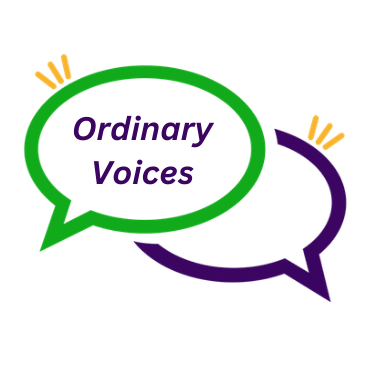The Path to Re-Building Trust
Write in a description of the photo (then hide) **OR** give permissions and leave visible. [Delete all of this before posting]
Compassion Restores Trust
by Eric Elkin
“Let his home become deserted and let there be no one living in it;”
Trust is critical for a healthy community, personal peace, and safety. Nothing destroys our sense of trust quite like a betrayal. The feeling of being betrayed evokes the darkest of emotions. So it would make sense for scientists to try and identify the source of our trust.
In 2014, researchers at the University of Electronic Science and Technology of China released their findings on trust. It turns out it is linked with the hormone, oxytocin. Oxytocin is manufactured in the brain and plays a critical role in the bonding process between mother and infant. However, it is also active in all social bonding situations leading experts to think it a key component in experiencing trust.
The Chinese study had its test subjects participate in a series of pseudo financial deals. In the second round of tests, they sprayed extra oxytocin into the nostrils of people betrayed in the bank transaction. They assumed people who received an extra dose of the substance would be more likely to restore trust.
Much to their surprise, the exact opposite happened among women. The women, not men, who received extra oxytocin became less trusting and stronger in their desire for revenge. Matter of fact, those measured as being high in their tendency to forgive others reacted even stronger to the hormone treatment. Leading researchers to conclude, “…in some contexts oxytocin may make normally forgiving women significantly less tolerant of broken trust.”
Steven Stosny, Ph.D., a psychologist, and author of several books on trust, writes how critical trust is to human beings. It helps calm anxiety and combats depression. Trust is also key to nurturing interest and enjoyment with other human beings. Distrust, on the other hand, promotes anxiety, resentment, and loneliness.
Stosny writes about several different types of trust. He identifies blind trust, wise trust, and genuine trust as each having unique features. However, he believes the secret to developing a healthy sense of trust is to not think about it at all. A brain focused on evaluating the trustworthiness of another human being can only sustain itself for a short time.
Genuine trust needs to be a by-product, and not a goal, of enhanced core value. Stosny suggests we focus on self-compassion and then on compassion for others. Compassion, not brain power or hormone treatment, will lead even the betrayed soul to find a renewed sense of trust, life, and community.
The disciples will come to understand this in the ministry of the new church. And, it is a helpful lesson for us to remember two thousand years later.
Click to read: Acts 1: 15-26
Reflection Questions:
- When was a time you felt betrayed?
- How long did it take you to recover, or, are you still working on it?
- What has helped you regain a sense of trust when it has been harmed?
- How can prayer help the wounded soul?

![Write in a description of the photo (then hide) **OR** give permissions and leave visible. [Delete all of this before posting]](https://images.squarespace-cdn.com/content/v1/5ab571a675f9ee4074e9f86b/1525740073434-L8TCVNMJPOFUZIDTUDAQ/jackson-hendry-440574-unsplash.jpg)















